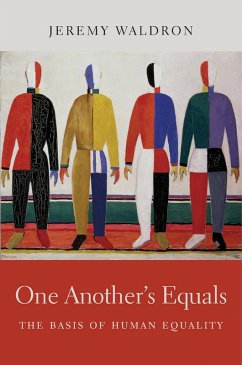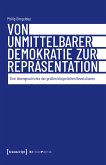This enlightening inquiry into the nature of human equality reveals the vital importance of this basic Western principle-"an important new book" (Robert B. Reich, New York Times Book Review). An enduring theme of Western philosophy is that we are all one another's equals. Yet the principle of basic equality is woefully under-explored in modern moral and political philosophy. In a major new work, Jeremy Waldron attempts to remedy that shortfall with a subtle and multifaceted account of the basis for the West's commitment to human equality. Waldron argues that there is no single characteristic that serves as the basis of equality. Instead, the case for moral equality rests on four capacities that all humans have the potential to possess in some degree: reason, autonomy, moral agency, and the ability to love. But how should we regard the differences that people display on these various dimensions? Waldron, who has specialized in the nature of equality for many years, confronts these questions and others fully and unflinchingly. Based on the Gifford Lectures that he delivered at the University of Edinburgh in 2015, One Another's Equals takes Waldron's thinking further and deeper than ever before.
Dieser Download kann aus rechtlichen Gründen nur mit Rechnungsadresse in A, B, BG, CY, CZ, D, DK, EW, E, FIN, F, GR, HR, H, IRL, I, LT, L, LR, M, NL, PL, P, R, S, SLO, SK ausgeliefert werden.









